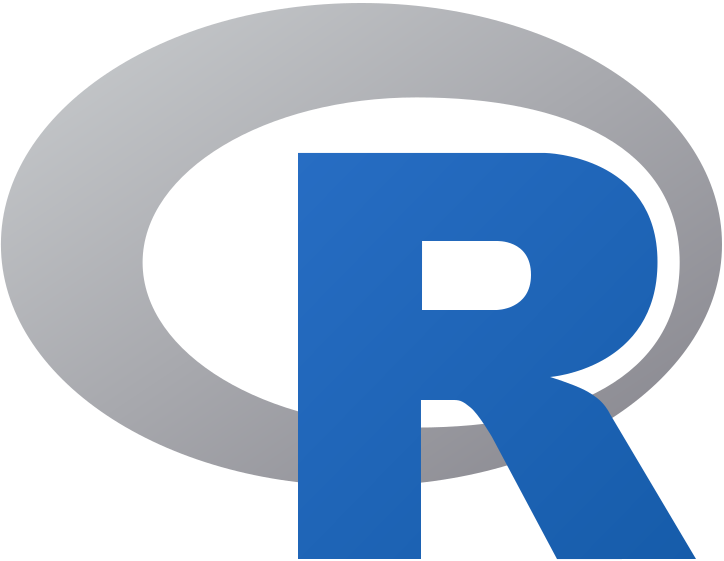# Load required packages
library(PKPDmodels)
library(nlme)
# Sample concentration-time data
time <- c(0, 1, 2, 4, 6, 8, 12)
concentration <- c(10, 8, 6, 4, 3, 2, 1)
# Define the one-compartment model function
one_compartment <- function(parameters, time) {
Ka <- parameters[1]
V <- parameters[2]
CL <- parameters[3]
A <- V / (V * Ka / CL) * (exp(-Ka * time) - exp(-CL * time))
return(A)
}
# Fit the model to the data
fit <- nls(concentration ~ one_compartment(parameters, time),
start = list(Ka = 0.5, V = 30, CL = 5))
# Display model parameters
summary(fit)In the ever-evolving field of pharmacokinetics, the ability to efficiently analyze drug concentration data is critical for optimizing drug dosing and improving patient outcomes. Open-source software has emerged as a powerful tool, offering researchers in pharmacokinetics and statistics the means to expedite analyses and streamline workflows. Among these open-source gems, R stands out as a versatile and widely adopted platform that empowers researchers to conduct robust pharmacokinetic analyses with ease. In this article, we will explore how leveraging open-source software, using R as an example, can revolutionize pharmacokinetic analyses and accelerate drug development.
Open Source Software for Pharmacokinetic Analyses
Open-source software, as the name suggests, is freely available to users, allowing them to access and modify the source code. This accessibility fosters collaboration, innovation, and rapid development of cutting-edge tools and methodologies. In the realm of pharmacokinetics, open-source software brings together the expertise of researchers from diverse backgrounds, resulting in more refined and reliable analysis tools.

Streamlining Workflows with R
R is a powerful, user-friendly programming language and environment for statistical computing and graphics. Its rich repository of packages tailored to pharmacokinetic analyses, such as “PKPDmodels,” “nlme,” and “mrgsolve,” allows researchers to seamlessly integrate advanced modeling techniques into their workflows. The availability of these packages eliminates the need to build complex models from scratch, saving time and effort.
Pharmacokinetic Model Fitting and Simulation
R facilitates the fitting of pharmacokinetic models to concentration-time data, making it easier for researchers to assess drug exposure. By utilizing specialized packages for nonlinear mixed-effects modeling, researchers can gain insights into population pharmacokinetics, accounting for between subject variability and residual error. Furthermore, R’s simulation capabilities enable the evaluation of various dosing regimens and predict drug behavior under different scenarios, aiding in dose optimization and treatment decision-making.
Example: One-Compartment Model Fitting in R
Let’s consider an example of fitting a one-compartment pharmacokinetic model using R:
In this example, we use the “PKPDmodels” package to define a one-compartment model and the “nlme” package for model fitting. With just a few lines of code, we can estimate pharmacokinetic parameters and visualize the model fit.
Conclusion
Open-source software, particularly R, has proven to be a game-changer in the world of pharmacokinetics and statistics. By leveraging R’s extensive package ecosystem and user-friendly environment, researchers can expedite their analyses and workflows, leading to faster drug development and improved patient care. The collaborative nature of open-source software empowers the pharmacokinetic community to constantly refine and enhance existing tools, ensuring that cutting-edge methodologies are readily accessible to all. Embracing open-source software like R is not just a choice; it’s a pathway to greater efficiency, reliability, and innovation in pharmacokinetics.
Interested in learning more about Momentum Metrix’s use of Open-Source Software to improve workflows, contact us at info@momentummetrix.com.